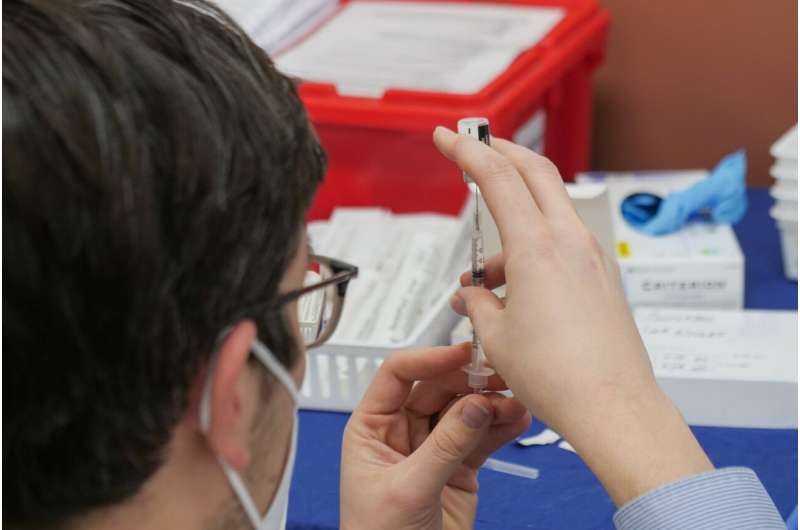
A pair of researchers at Université Laval, Quebec claim that more effort should be made to develop plant-based vaccines. Hugues Fausther-Bovendo and Gary Kobinger have published a Perspective piece in the journal Science espousing the benefits of plant-based vaccines and suggesting how they might be made.
As the world continues to grapple with the SARS-CoV-2 virus, researchers around the world continue to look for new ways to vaccinate people against similar infections as it appears likely that this will not be the last pandemic. As part of that effort, some in the field have begun to look at alternative vaccine types. In their paper, Fausther-Bovendo and Kobinger suggest that developing plant-based vaccines might be a very good approach.
Vaccines are typically produced in bacterial or eukaryotic systems, and they have proven to be very effective. However, they have high production costs. Plant-based vaccines, the authors suggest, would be far cheaper to produceand could have several other benefits as well.
One is that plant-based vaccines would be far less resource intensive. Instead of bioreactors, vaccines could be grown in fields like crops. Another benefit comes from the very nature of plants—they cannot be infected with the types of human pathogens that lead to the need for vaccines. Also, prior research has shown that plant-based vaccines tend to produce a stronger immune response than those made in other ways. And plant-based vaccines have higher yields than other methods. And finally, in some cases, plant-based vaccines could be administered directly as a food product, with no extracting or processing needed.
Source: Read Full Article
